He was nationally known for demonstrations against Honeywell, which made cluster bombs used in Vietnam. 'An inspiration to many'
In an autobiography he wrote with Carol Masters, he described himself as a "nonviolent revolutionary."
One of Davidov's admirers was Daniel Ellsberg, the White House consultant who leaked the Pentagon Papers about U.S. military decision-making in Vietnam to the media. Ellsberg, who later became a peace activist, helped raise money for the Honeywell Project at Davidov's invitation.
"Thanks to people like him, we're still hanging on as a species," Ellsberg said. "His nonviolence and his indefatigability and energy are an inspiration to many people.
"He's lived a good life, and I told him so" when he spoke to Davidov by phone on Friday, Ellsberg said.
Last week, as Davidov's medical condition worsened, a number of peace activist friends kept a hospital vigil. "It's one of those great things that happens," Davidov said. "This kind of solidarity and love and support that people give one another."
John LaForge, an antiwar activist friend, had brought a small refrigerator to his room with a bumper sticker on it that read, "No more war."
Bill Tilton, a St. Paul attorney, said he first met Davidov in 1969 at a sit-in at the University of Minnesota in support of the African American Action Committee, which was demanding more scholarships for blacks.
"Marv is one of my heroes," Tilton said. "He never took his eye off the ball of advocating for the rights of the underprivileged and accountability of government."
For years Davidov taught a class on "active nonviolence" at the University of St. Thomas. Jack Nelson-Pallmeyer, who taught the class with him, said, "There was a warmth that came across when he related to students, a deeply respectful interaction in which Marv would share parts of his life story that awakened within students a possibility that they too could impact society."
Barbara Mishler said she got to know Davidov when she took a class of his at St. Joan of Arc Catholic Church in south Minneapolis 30 years ago.
"When I first met him, I was so terrified of nuclear war," she recalls. "He said, 'Settle down and read and inform yourself, before you hit the streets.' "
Nothing to say? Hardly
Lying in bed, barely able to sit up on Thursday, Davidov welcomed a reporter.
Asked if he had any thoughts that he'd like to pass on to young people, Davidov thought for a moment, smiled and said, "I've been waiting for this interview my entire life, and now I've got nothing to say."
But as anyone who has ever known Davidov knows, he was never really at a loss for words, including on Thursday.
On the current presidential election campaign: "It reminds me of one of the books that Paul Goodman wrote in the 1950s -- 'Growing Up Absurd.' Once again the needs of the people who have most everything are satisfied irst."
On this election year: "Find the people in your community who are probing reality and talking about how to fundamentally change it and work at a local level on these problems, creating peace, freedom and justice."
On the Occupy protests against Wall Street: "I thought it was great. The people were locating what their needs were and going out in the streets without compromise."
On the kind of memorial gathering he'd like: "I want people to remember and tell funny stories about me and the struggle, and try to create a deeper, more profound movement and build the numbers."
He is survived by a brother, Jerry Davidov, a retired Minneapolis firefighter. Services are pending with the Cremation Society of Minnesota.
Randy Furst • 612-673-4224
Subscribe to:
Post Comments (Atom)



































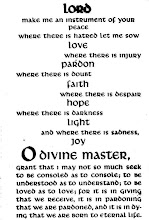


























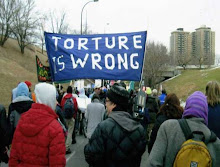





















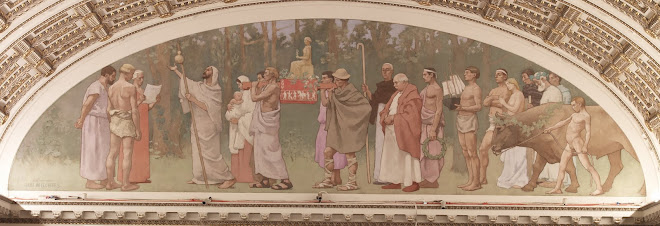























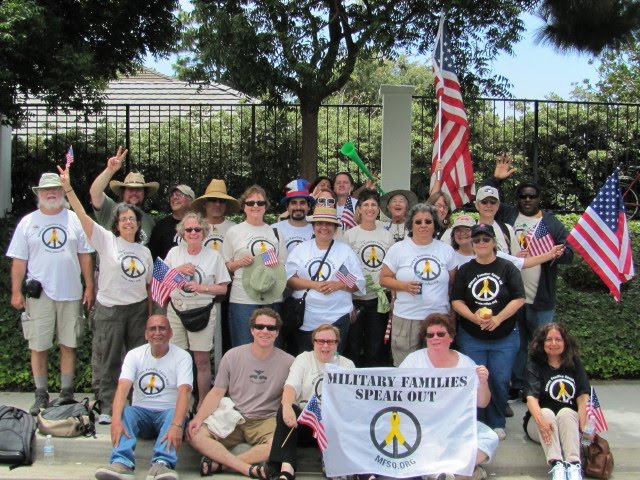






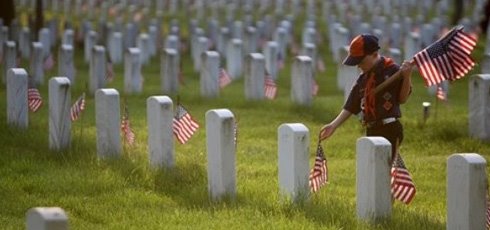








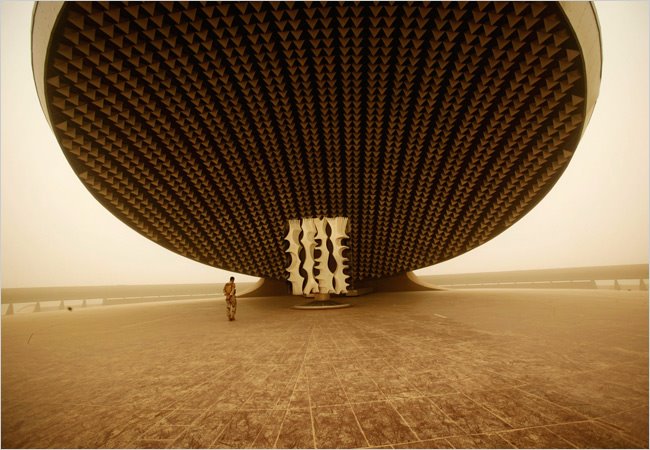
No comments:
Post a Comment